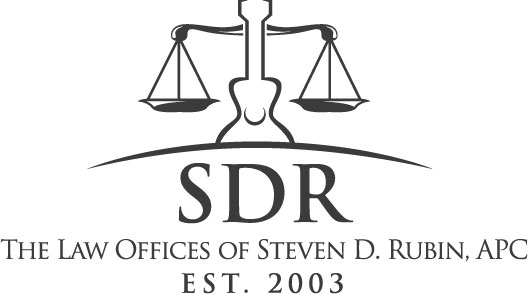
True Stories from a Life in the Law: This Episode: “The Confession”
Yes ladies and gentlemen, this really happened to me …
When I was a younger lawyer in the late 90’s I had a client in the movie theatre business. I’ll spare you the details, but my client came to me and explained that he was owed about $65,000 resulting from an unpaid personal loan. “I want to sue this guy” he said. Music to my ears … or so I thought.
I contacted the debtor’s lawyer, explained that his client owed my client $65,000, and explained that if his client did not pay up I was authorized to sue his client. The usual saber rattling. The lawyer’s response caught me quite off guard. “He is not going to pay your client but go ahead and prepare a judgment for $65,000 and I will have my client sign it.“ What is this I thought? No cat and mouse? No pounding the table? No threat of counter-suit? No “see you in court?” No blanket denial of the debt? What is wrong with this picture I wondered? This can’t be good …
California has a procedure called a “Confession of Judgment Without Action.” See California Code of Civil Procedure Section 1132 and the following. That’s right; you don’t even have to file an action! Just prepare the judgment, get it signed, take it down to the Courthouse, file it (yes you will get assigned a case number at that point just like any other action), and voila, you have a judgment! Certainly the debtor isn’t REALLY going to just sign a judgment for $65,000, right? So, I prepared the judgment for $65,000, sent it off to the debtor’s attorney, and waited for the excuses and foot dragging to begin. No such luck. Within a few days, the judgment for $65,000 was duly executed and returned to me for filing! This can’t be good I thought. What is going on here? I proceeded to file the “Confessed Judgment” for $65,000. That was easy. So now it was time to go find the debtor’s assets. In the ensuing days here is what I learned …
The debtor lived in Colorado. No problem, we could get the Confessed Judgment for $65,000 entered in Colorado. I learned the debtor was broke. It just so happened he lived with his ex-wife and their child in a home in Colorado. The ex-wife owned the home. Long story short, the ex-wife owned everything. The debtor owned nothing. My understanding was that the debtor and the ex-wife were very much in love and living in bliss with their child in Colorado. I was told (I forget by who) that the debtor’s divorce from his ex-wife was simply some very effective asset protection planning. Now, there are what are known as “fraudulent conveyance laws” on the books intended to undo such so-called “asset protection planning” whose primary purpose is creditor avoidance. But let me tell you, in many situations such a “friendly divorce” can be a very effective asset protection tool. If spouses are willing to go to such lengths to avoid one spouse’s creditors,or future creditors (as happened in my case), there are many instances in which assets in the hands of the non-debtor ex-spouse will be out of reach to the creditors of the debtor ex-spouse. Particularly where the assets owned by the non-debtor ex-spouse were acquired years before the debt giving rise to the claim was contemplated, must less in existence, (i. e., the future creditor scenario), the “friendly divorce” can be a very, very effective asset protection plan.
Long story short, in this case, it appears that the wife (the non-debtor ex-spouse) acquired all of the couples’ assets years before my client loaned the husband (the debtor ex-spouse) the $65,000. It appears that by giving all of the couples’ assets to the wife (the non-debtor ex-spouse) the husband ran around getting into all kinds of mischief without concern for his liability and exposure to all variety of business partners and transactions. An asset protection plan does not need to be bullet-proof to be very effective. After contemplating the expense involved in a trip to Colorado to “test” the integrity of the “friendly divorce asset protection plan,” my client quickly threw in the towel and wrote the episode off to experience.
That said, I did get to file a “Confessed Judgment.” Neat.

